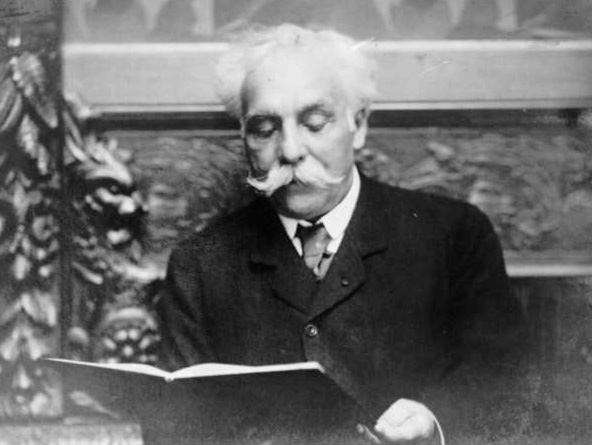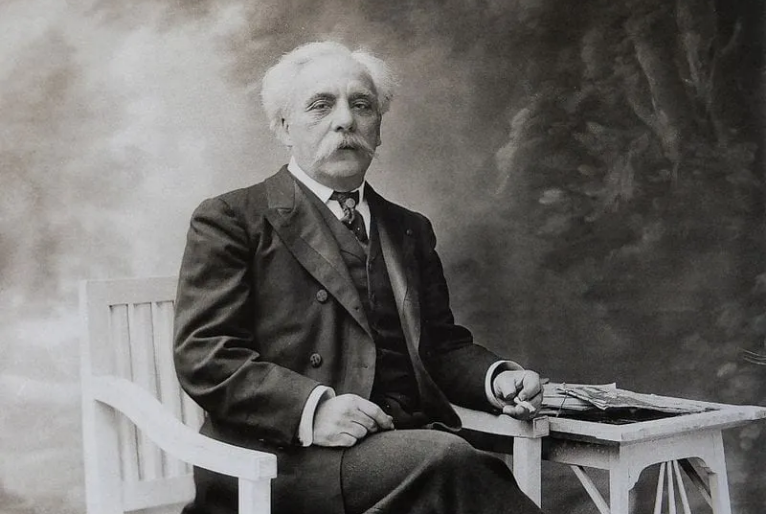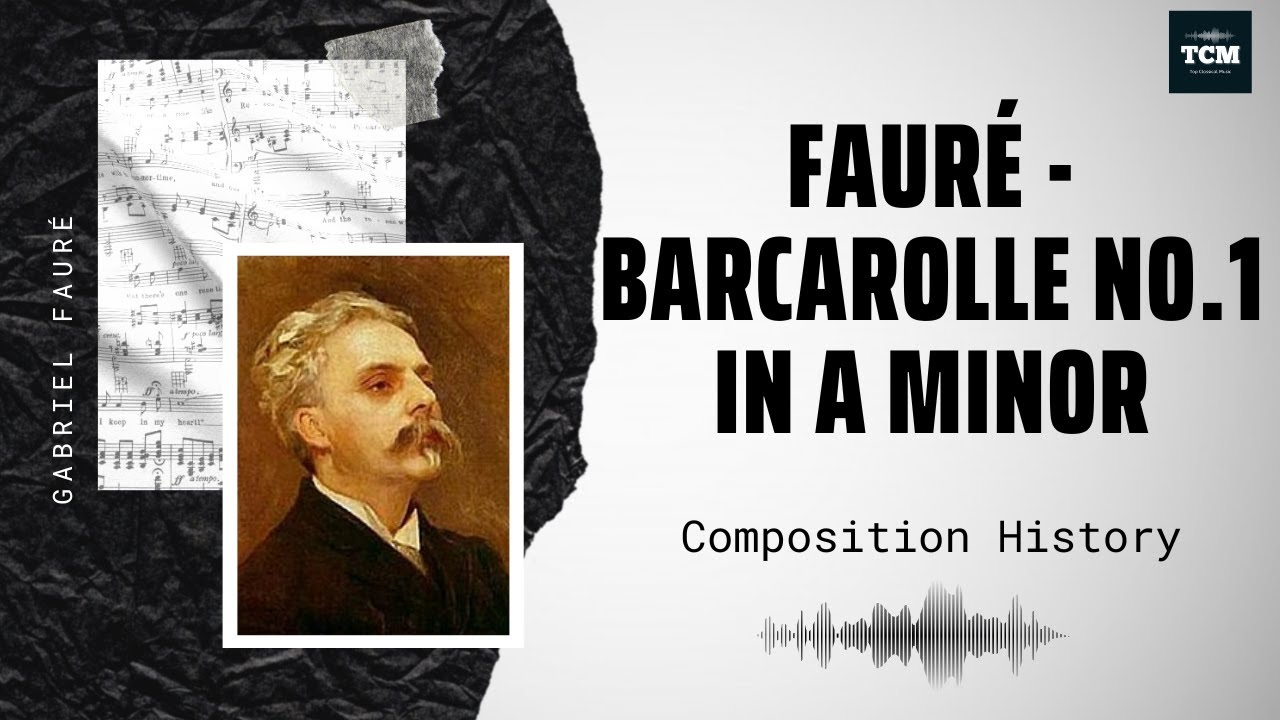
Gabriel Fauré: A Life in Music
Gabriel Urbain Fauré was born on May 12, 1845, in Pamiers, a small town in the south of France. The youngest of six children, Fauré[…]

The 5 Best Compositions by Gabriel Fauré
Gabriel Fauré (1845–1924) was one of France’s most influential composers, known for his refined and expressive music. Among his extensive output, his mélodies (French art[…]

5 Fascinating Facts about Gabriel Fauré
Gabriel Fauré (1845–1924) was one of the most influential French composers of the late 19th and early 20th centuries. Known for his refined harmonies and[…]

Gabriel Fauré: A Biography of the French Composer
´Gabriel Fauré (1845–1924) was one of the most influential French composers of the late 19th and early 20th centuries. Renowned for his lyrical melodies, refined[…]

Top 10 Fauré Songs
Gabriel Fauré (1845-1924) was a pivotal figure in French music, bridging the Romantic and Modern eras with his innovative compositions. Renowned for his melodic inventiveness,[…]

Exploring the 10 Best Compositions by Gabriel Fauré
Gabriel Fauré, a French composer of the late 19th and early 20th centuries, is widely regarded as one of the most influential figures in French[…]

Gabriel Fauré: A Musical Journey Through Elegance and Innovation
Gabriel Fauré, the renowned French composer and organist, left an indelible mark on the world of classical music. His compositions are celebrated for their delicate[…]

Gabriel Fauré: Illuminating the Soul through Musical Serenity
Gabriel Urbain Fauré was born on May 12, 1845, in Pamiers, a small town in the South of France. From a young age, he showed[…]

Fauré – Barcarolle No.1 in A minor, Op.26 – Music | History
A barcarolle (from French, also barcarole; originally, Italian barcarola or barcaruola, from barca ‘boat’) is a traditional folk song sung by Venetian gondoliers, or a[…]

Fauré Biography – Music | History
Fauré Biography – Music Collection – Music | History Gabriel Urbain Fauré (French: [ɡabʁiɛl yʁbɛ̃ fɔʁe]; 12 May 1845 – 4 November 1924) was a French[…]